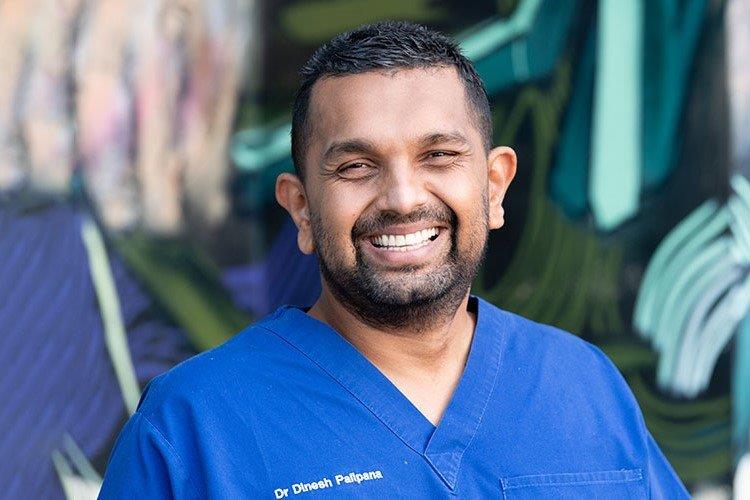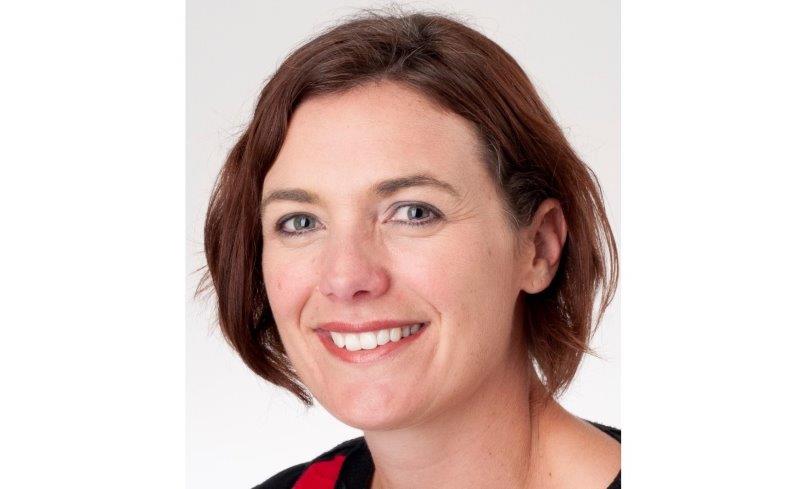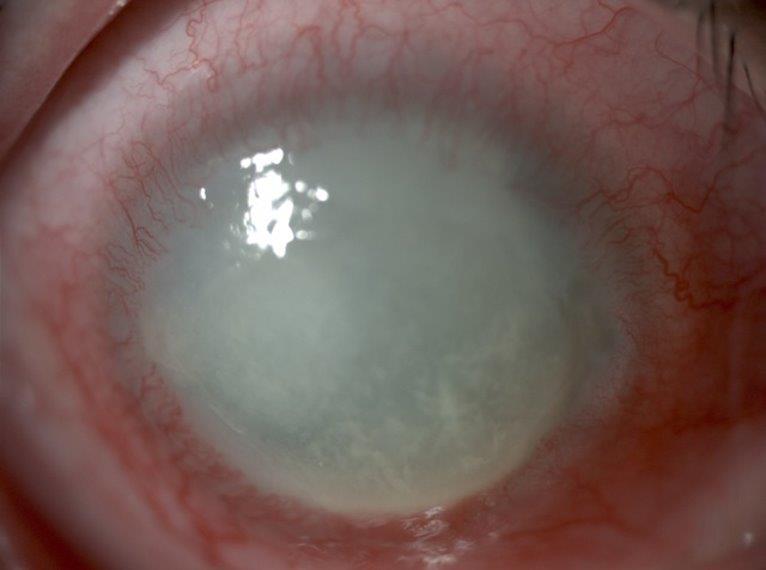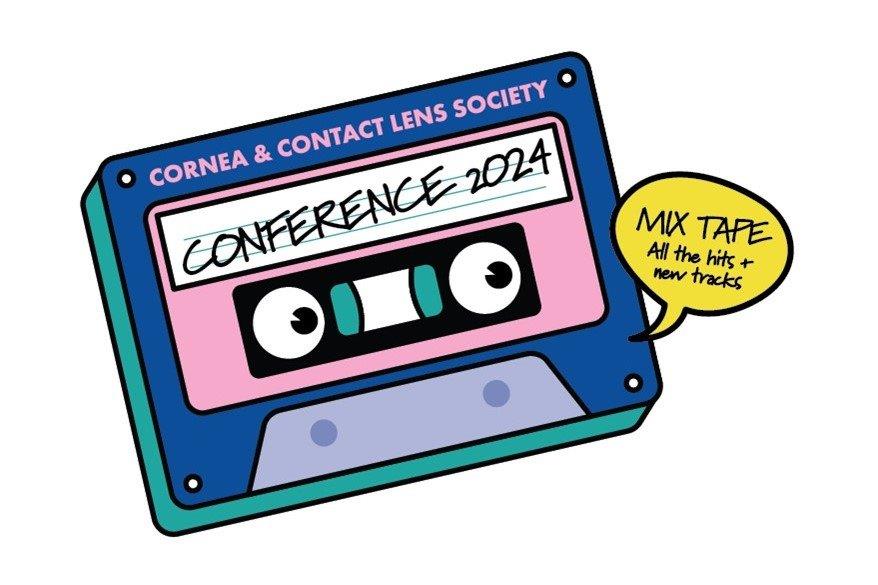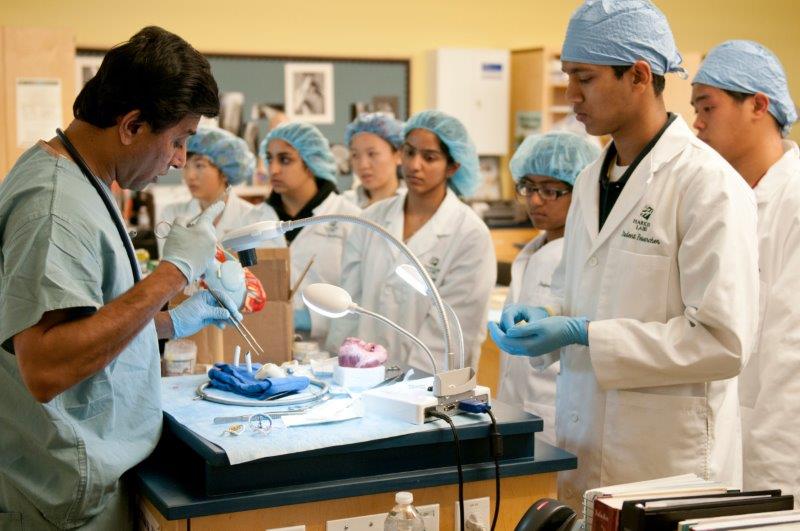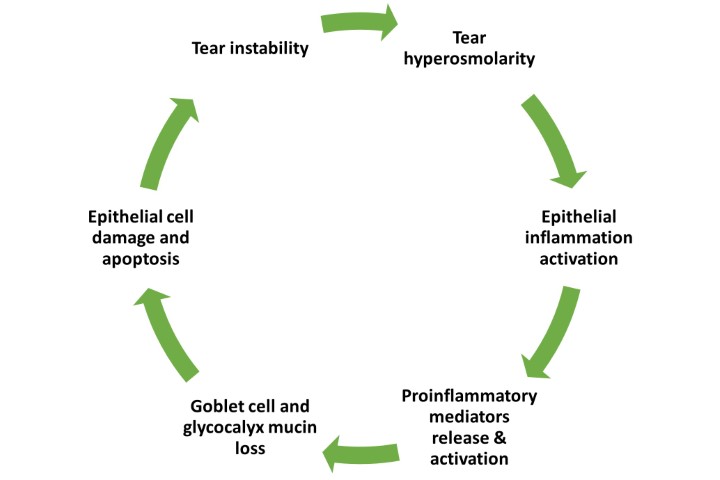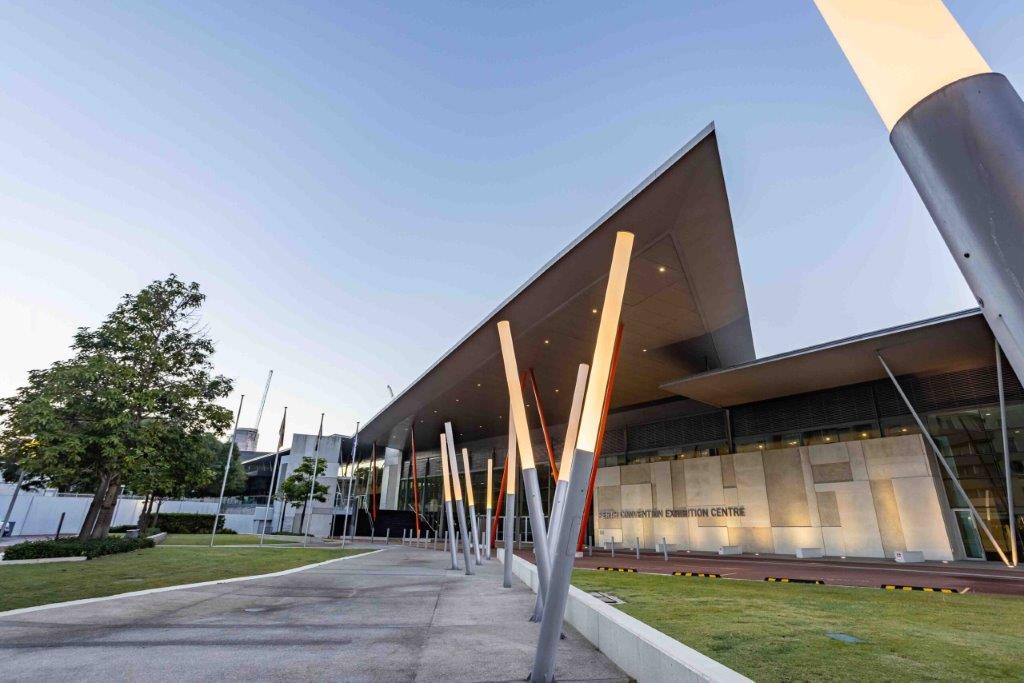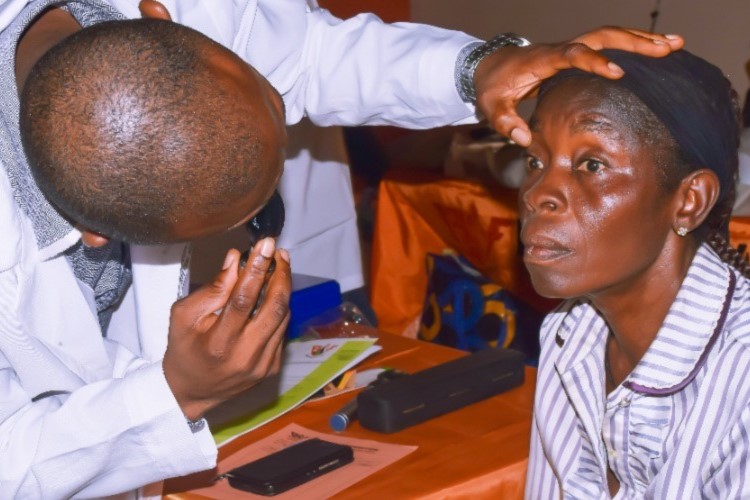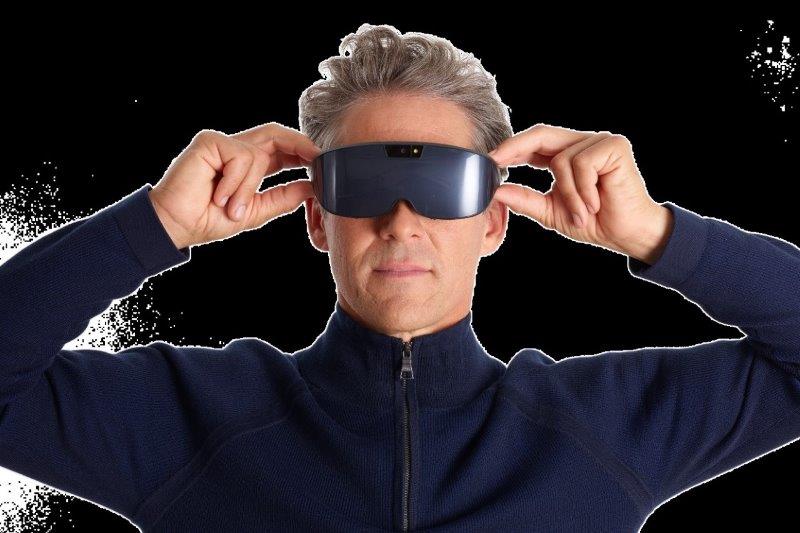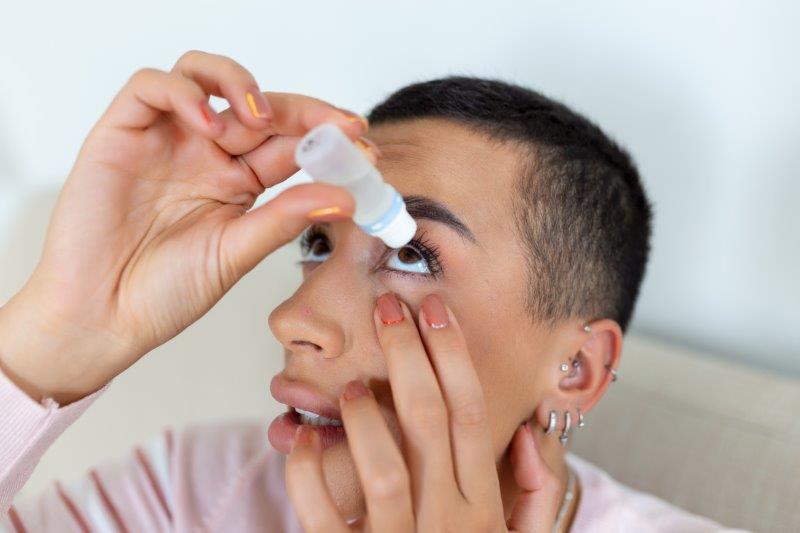RANZCO 2021: meet the speakers
The delayed 2021 RANZCO Congress, which will be held virtually from 25 February 2022, features an exciting mix of internationally renowned experts, including keynotes Associate Professors Clare Fraser and Catherine Green and Professors Alex Hewitt and Graham Barrett from Australia.
Associate Professor Clare Fraser
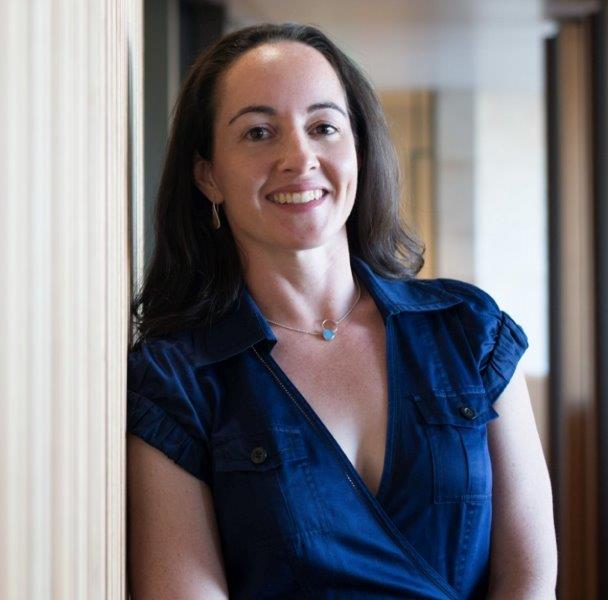
An associate professor of neuro-ophthalmology at the University of Sydney and a clinician-researcher at the Save Sight Institute, consultant ophthalmologist Dr Clare Fraser specialises in neuro-ophthalmology, strabismus and visual electro diagnostics.
Delivering the Council Lecture, ‘Seeing stars, stones and snow’ at the 52nd Congress, A/Prof Fraser said she finds neuro-ophthalmology fascinating because of the complexities involved and the work that still needs to be done to unravel it all. “Sometimes in neuro-ophthalmology it’s the patient who is not quite sure what they are seeing and sometimes it is the doctor. Our brains do not work like video cameras; vision is a conscious perception which has been filtered and processed at so many levels in our brains.
As for head injury and concussion, the key to diagnosing neuro-ophthalmology disorders is taking a good history, she said. “Getting a sense of how the patient functioned before versus after the injury, what are they struggling with. Convergence and accommodation are most affected but often not clinically tested in a standard eye exam. Concussion and traumatic brain injury can affect many systems, including balance, cognition, mood and sleep, so a thorough assessment with a neurologist who has an interest in this area is also important.”
When she’s not undertaking research or consulting at the Sydney Eye Hospital and Liverpool Hospital, or in private practice in Sydney, A/Prof Fraser said she enjoys her weekly sculpture class and sailing on a Friday evening. “The balance of art and sport in my spare time helps reset my brain after work.”
Associate Professor Catherine Green
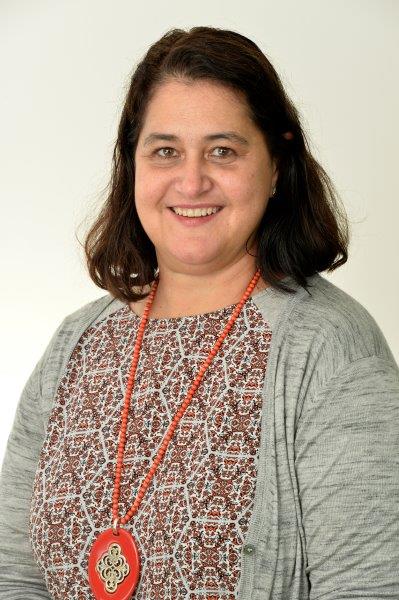
A/Prof Catherine Green is a Melbourne-based glaucoma specialist, ophthalmic educator and head of Australia’s largest specialist glaucoma service, the Glaucoma Unit at the Royal Victorian Eye and Ear Hospital. She will give this year’s Fred Hollows Lecture, ‘Disruption and innovation: challenges and opportunities in ophthalmology’.
Her topic covers some of the many challenges ophthalmologists face at present, she said. “The most obvious is responding to the Covid-19 pandemic, with increased demands on our systems. Patients missed appointments either by choice or through services being reduced and there will be conditions that have progressed, perhaps resulting in permanent vision loss. Even for treatable conditions such as cataract, there is a backlog of demand which will be difficult to meet. We will need to advocate to ensure eyecare is not de-prioritised as we recover from the disruption of the pandemic.”
Looking ahead, A/Prof Green said while it is difficult to predict the future, technology is going to allow patients to be far more involved in their own care. “We are going to need to adapt to this and guide patients through the democratisation of health. I also hope that the exchange of digital information will improve, which will improve our ability to provide truly inter-disciplinary collaborative care.”
Dr Dinesh Palipana
A recipient of the Medal of the Order of Australia (OAM) and a consultant at the emergency department of the Gold Coast University Hospital, Dr Dinesh Palipana is the 2021 RANZCO graduation ceremony guest of honour and speaker.
A car accident in 2010 left Dr Palipana, then aged 24, with a spinal cord injury. He returned to his medical degree after a long period in hospital and rehabilitation, becoming the first quadriplegic doctor to graduate in Queensland and the second in Australia. He has been widely recognised for his extraordinary achievements and contribution to the Australian community, being awarded the 2021 Queensland Australian of the Year.
When asked what kept him going, Dr Palipana highlighted two things. “The first is purpose. I have a reason for getting up every morning. I have a why; that is, to give back. To do human-focused things. When there is a purpose bigger than myself, I find it much easier to keep going. Secondly, it is gratitude. I am so grateful for everything that I have. I am grateful for life. I know that there are many in this world who are far less fortunate than I. When I think about that, how can I not keep going?”
Dr Palipana said he hopes attendees will find strength to keep going through challenges, no matter how difficult things get. “We are deeply privileged to be doing activities that can benefit another human being. People are so important. To be able to make an impact on someone's life, even once, makes an entire life well lived.”
Other keynotes
The Feb 2022 Congress’ Dame Ida Mann Memorial lecturer, Professor Alex Hewitt hails from the Menzies Institute for Medical Research at the University of Tasmania. Head of clinical genetics at the Centre for Eye Research Australia, Prof Hewitt will tackle ‘The dawn of precision ophthalmology in the Asia Pacific’. While Professor Graham Barrett, from the Department of Ophthalmology, University of Western Australia, and the Lions Eye Institute in Perth, will deliver the Sir Norman Gregg Lecture, discussing ‘When and how to treat low levels of astigmatism’.
For more, visit: https://www.ranzco2021.com/speakers/









